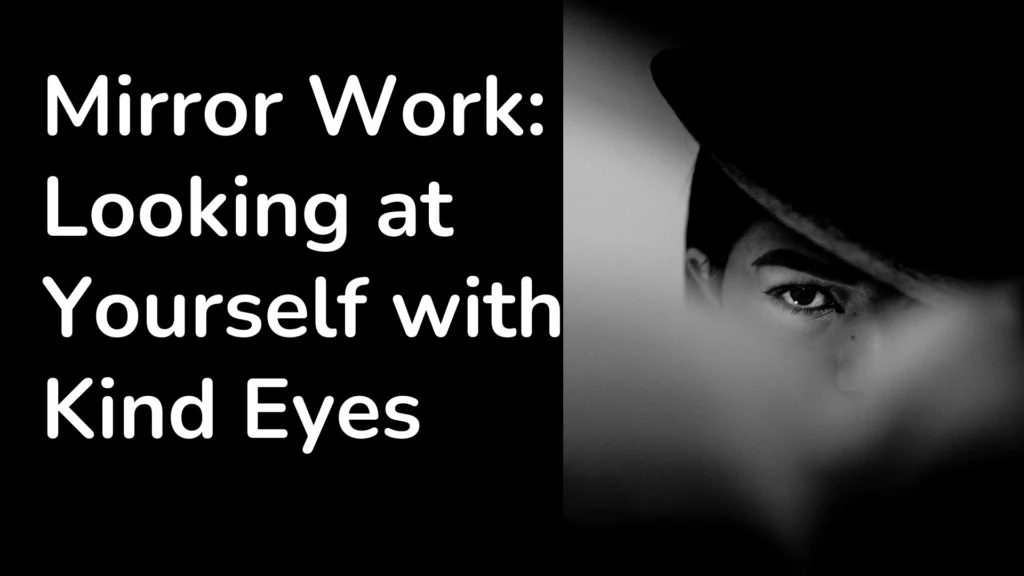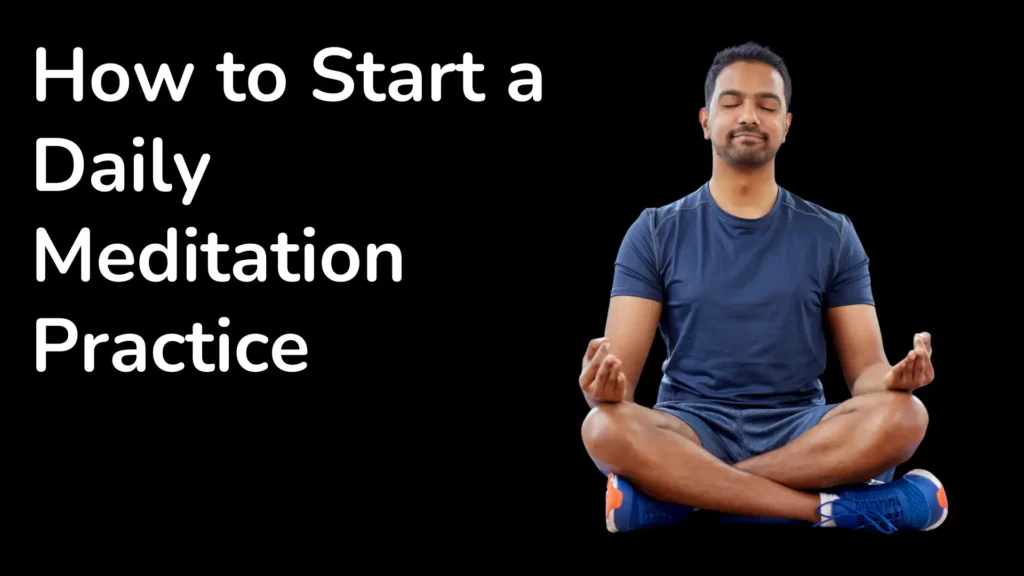Mirror Work: Looking at Yourself with Kind Eyes
Most of us glance into the mirror every day — but often, we don’t like what we see. We notice flaws, compare ourselves to others, or replay unkind thoughts about our worth. What if the mirror could become more than a reflection of appearance? What if it could be a tool for healing? This is the practice of mirror work — looking at yourself with compassion, patience, and kind eyes. What Is Mirror Work? Mirror work is a simple but powerful practice where you look into your own eyes in a mirror and speak words of love, acceptance, and encouragement. It may feel uncomfortable at first, but over time, it builds a deeper connection with yourself — the person you often forget to treat gently. Why Mirror Work Heals How to Practice Mirror Work 🪞 Step 1: Find a quiet moment.Stand or sit in front of a mirror where you won’t be disturbed. 🪞 Step 2: Look into your eyes.Hold your own gaze. Notice what thoughts come up without judgment. 🪞 Step 3: Speak kind words.Say affirmations such as: 🪞 Step 4: Stay with the feeling.If emotions rise — tears, resistance, even laughter — let them come. It means your heart is opening. 🪞 Step 5: Repeat daily.Even two minutes a day can shift how you relate to yourself. Gentle Reminders Final Reflection The mirror doesn’t just show your face — it can reflect your strength, resilience, and tenderness. By looking at yourself with kind eyes, you remind your heart of something it may have forgotten: you are worthy of love, exactly as you are.





